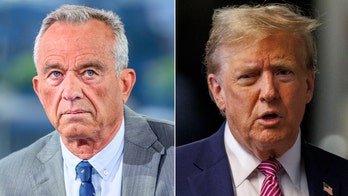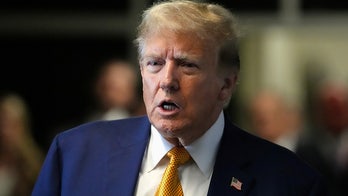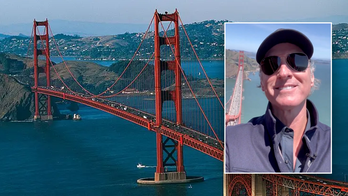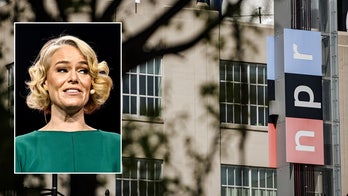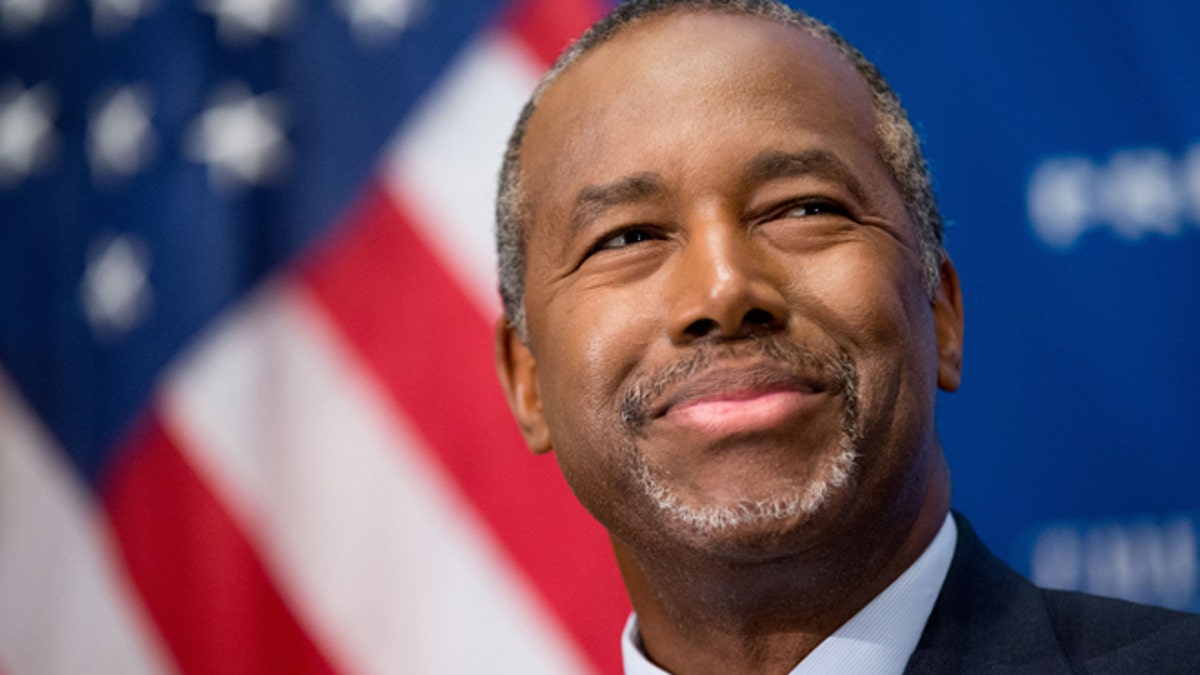
Oct. 9, 2015: Republican presidential candidate Dr. Ben Carson speaks at a luncheon at the National Press Club in Washington. (AP)
In Florida, Cuba for decades has been a key topic – practically impossible to avoid even among non-Cubans.
But one Florida resident who also happens to be running for president stammered when asked about fundamental and controversial aspects of U.S.-Cuba policy on Wednesday.
In an interview with the Miami Herald, retired neurosurgeon Ben Carson, a GOP presidential candidate who lives in West Palm Beach, conceded that he was not familiar with the wet-foot-dry-foot policy -- one of the main and most contentious aspects of U.S.-Cuba laws.
The wet-foot-dry-foot policy, which exists only for Cubans and is part of the Cuban Adjustment Act, allows any Cubans who manages to put at least one foot on U.S. soil to gain lawful admission into the United States.
“You’re going to have to explain to me exactly what you mean by that,” Carson said, according to the Miami Herald. “I have to admit that I don’t know a great deal about that, and I don’t really like to comment until I’ve had a chance to study the issue from both sides.”
Asked about the Cuban Adjustment Act, Carson said: “Again, I’ve not been briefed fully on what that is.”
The Herald noted that Carson did not know about such driving Florida topics despite scheduled campaign stops in South Florida – where Cuba is a top issue – on Thursday.
Fellow Floridian Republicans Sen. Marco Rubio and former Gov. Jeb Bush, who have courted Cuban-Americans heavily in past efforts to seek political office, are among Carson’s rivals in the presidential race.
“I’m a little different than most of the candidates,” Carson told the Miami Herald in a phone interview Wednesday.
Carson, incidentally, leads Rubio and Bush in polls of Florida likely GOP voters. Only Donald Trump beats out Carson in Florida.
On Thursday, Carson is heading to West Kendall and Fort Lauderdale.
The Herald said that when its reporter explained the Cuban Adjustment Act, Carson responded: “It sounds perfectly reasonable.”
Policies giving Cubans broader leeway than other groups seeking to stay in the United States have long been criticized by those who say there should not be a lower bar for them. Recently, the treatment of Cubans fleeing to the United States has drawn more scrutiny as news reports have disclosed that some Cubans claim a fear of persecution when they arrive in the U.S., only to obtain residency and benefits, but keep returning to Cuba to visit.
“I think the way to fix that is not so much to abolish the act, but dealing with the specific area where the abuse is,” Carson said of Cubans returning despite claiming a fear of persecution. Carson said that Medicaid fraud is “huge — half a trillion dollars.”
Carson said he disagrees with normalizing relations with Cuba now, and supports keeping the embargo.
“I would certainly like to bring Cuba along, in terms of understanding how to treat people fairly. I think we've lost our leverage in doing so, because Raúl Castro’s 83 years old,” Carson said. “He can’t be there much longer. They’re going to have a change in regime. That would be the time to normalize relations.”
The U.S. trade embargo, he added, should be maintained.
Carson shared some impressions of Cuba – he and his wife, Candy, visited the island with a business group – in his 2012 book, America the Beautiful.
“The many street vendors and performers in the main city squares create a festive facade, but having spoken to Cuban refugees, I could only sympathize with the masses of people and hope that someday they can experience true freedom,” he wrote. “Although some people, such as the documentary filmmaker Michael Moore, extol the virtues of Cuban society, the tide of illegal immigration is from Cuba to America, not vice versa.”
“Unfortunately, although Americans are free to leave this country any time they want to go live somewhere else,” Carson added, “such privileges are not afforded to the average Cuban or those in many countries where the government controls their lives.”
Like us on Facebook

